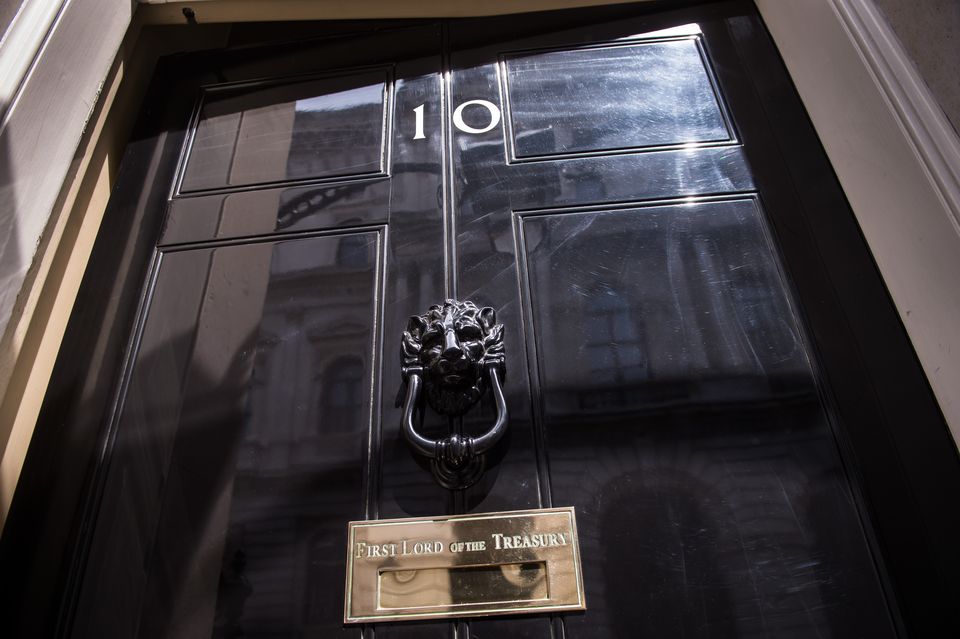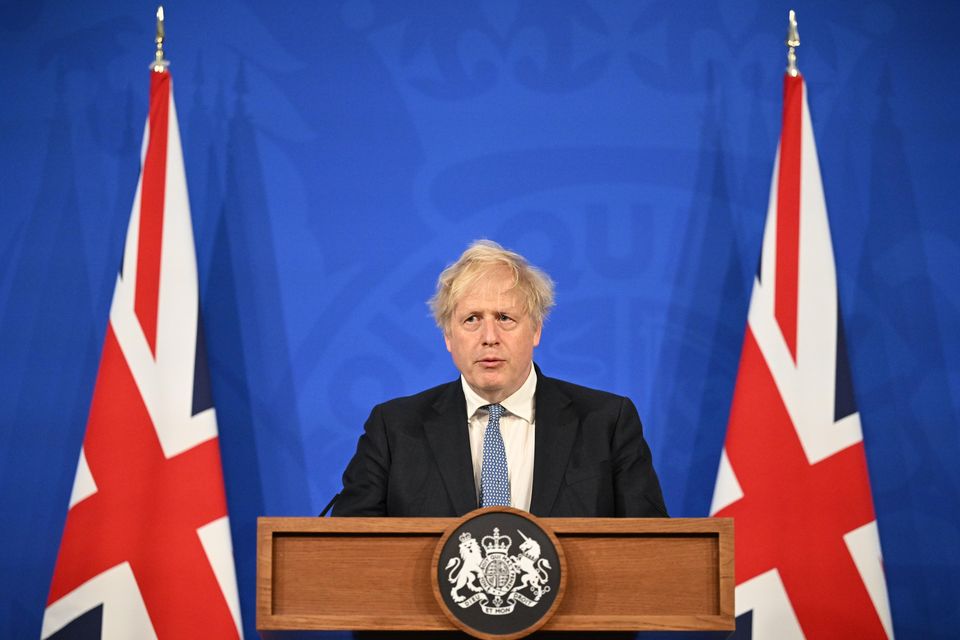After weeks of briefing, Sue Gray has confirmed that she will be leaving her job as Downing Street chief of staff citing fears that she has become a distraction.
A civil servant for decades, Ms Gray was catapulted from the anonymity of Whitehall to front-page news when she headed up the investigation into lockdown-busting parties in Number 10.
Months later, she then faced criticism from some Tories who questioned the impartiality of the civil service when she quit to take up the chief of staff job while Labour were in opposition.
Since Sir Keir Starmer entered Number 10 there have been numerous reports of tensions and disagreements at the heart of government, and Ms Gray quit on Sunday pointing to her concern that commentary about her position “risked becoming a distraction”.
According to her government biography, Ms Gray joined the Cabinet Office in the late 1990s, having previously worked across transport, health and the Department for Work and Pensions.
Sue Gray had been chief of staff to the Prime Minister (Stefan Rousseau/PA)
Ms Gray made headlines in December 2021 when she took on the civil service investigation into allegations of Covid-rule-breaking events in Boris Johnson’s Downing Street.
She was brought in to investigate after Cabinet Secretary Simon Case, who will leave the position at the end of this year, quit the inquiry after it emerged a quiz was held in his own department that he was aware of.
At the time, deputy Labour leader Angela Rayner said that Ms Gray, who was then-second permanent secretary at the Department for Levelling Up, Housing and Communities (DLUHC), had to “restore” the public trust in civil servants.
After an interim report in January 2022 highlighted “failures of leadership and judgment” at the top of government, along with criticisms of a drinking culture in No 10, in May of that year, there were briefings to the media about Ms Gray, with one unnamed source telling The Times that she had been “enjoying the limelight a little too much”.
On May 25 2022, the report into partygate detailed events at which officials drank so much they were sick, sang karaoke, became involved in altercations and abused security and cleaning staff at a time when millions of people across the country were unable to see friends and family.
Ms Gray was then out of the news until March 2023, when reports surfaced that she was to take up the role as Sir Keir’s chief of staff when she resigned from DLUHC with immediate effect.
The Labour leader said he was “delighted” with the news, but allies of Mr Johnson were furious.
Sir Jacob Rees-Mogg said on GB News that it was “hard not to feel that she has been rewarded and offered a plum job for effectively destroying a prime minister and creating a coup”.
Questions were raised over the timeline of the conversations between Labour and Ms Gray regarding her appointment, but Whitehall’s appointments watchdog Acoba ruled that the partygate investigator was able to join Sir Keir’s office after a six-month wait, which she did in September 2023.
Government departments had raised concerns over the risk to the civil service’s integrity with the appointment.
But the Acoba report said that there had been “no evidence provided to the committee that Ms Gray’s decision making or ability to remain impartial was impaired whilst she remained in her Civil Service role”.
Ms Gray was then part of Labour’s core team in the lead-up and during the election campaign which saw them come away with a large Commons majority, and she along with others made the transition from opposition to Number 10.
Concerns were raised about Ms Gray just weeks after the election when DUP MP Sammy Wilson asked questions about the Commons about her alleged involvement in the Casement Park stadium project,
Amid the backdrop of the freebies row which engulfed the Prime Minister and other senior members of the government just days before party conference, the BBC were leaked details of Ms Gray’s salary being higher than that of the Prime Minister.
One source told the broadcaster that Ms Gray had “declined” suggestions of taking less to avoid such a story.
Then prime minister Boris Johnson speaks during a press conference in Downing Street, London, following the publication of Sue Gray’s report into Downing Street parties in Whitehall during the coronavirus lockdown (Leon Neal/PA)
It was perhaps the most clear indication of the supposedly fractious atmosphere in a Number 10 that was just weeks into the job.
The rows and reports of tensions cast a shadow over Labour’s first conference since the election last month, and Cabinet members ended up defending Ms Gray on the airwaves.
Deputy Prime Minister Angela Rayner rejected the idea that Ms Gray was “part of a problem” in Downing Street and told the BBC she did not accept the “caricature” of how Number 10 was operating.
Education Secretary Bridget Phillipson defended Ms Gray as being “highly professional and focused on delivering”.
On Sunday, Ms Gray announced that she was “pleased to have accepted a new role as the Prime Minister’s envoy for the regions and nations” and that it had become clear that “intense commentary around my position risked becoming a distraction to the Government’s vital work of change”.
She was thanked by the Prime Minister for “all the support she has given me, both in opposition and government, and her work to prepare us for government and get us started on our programme of change”.

